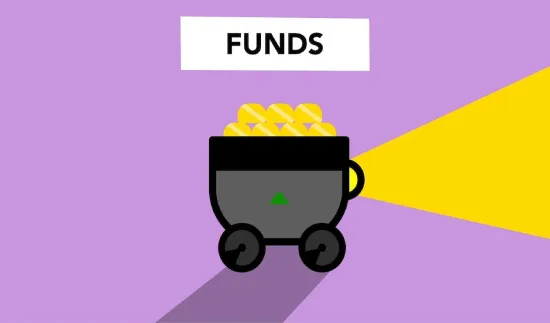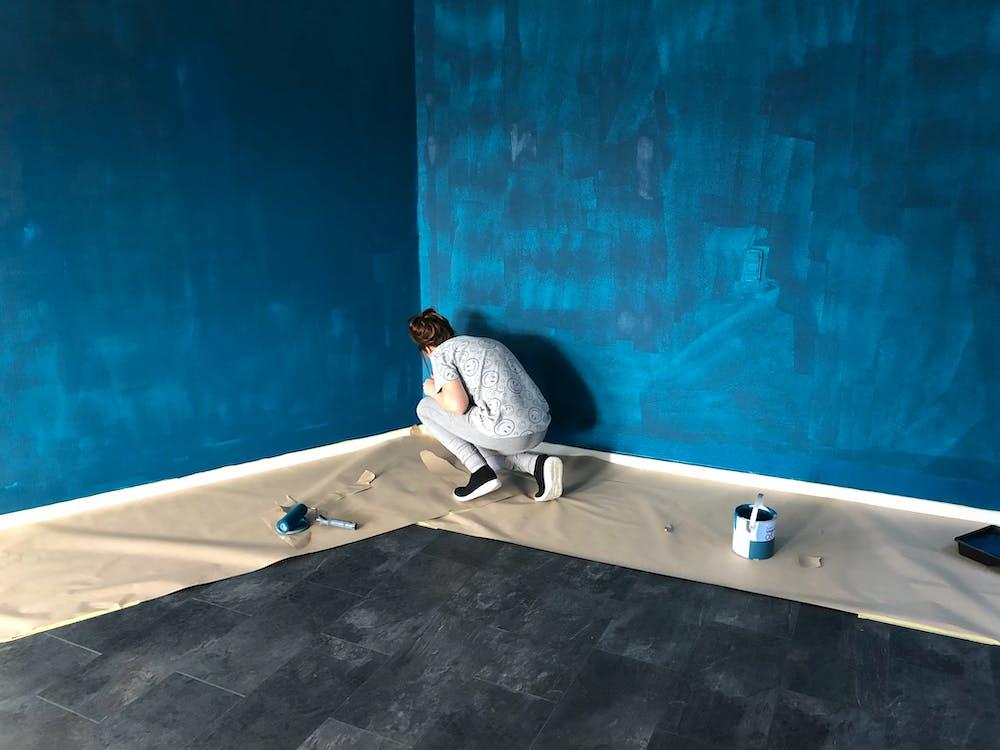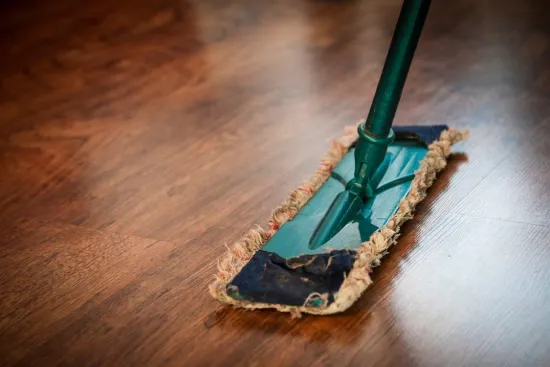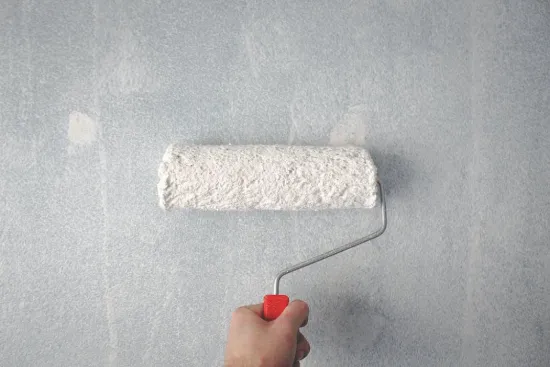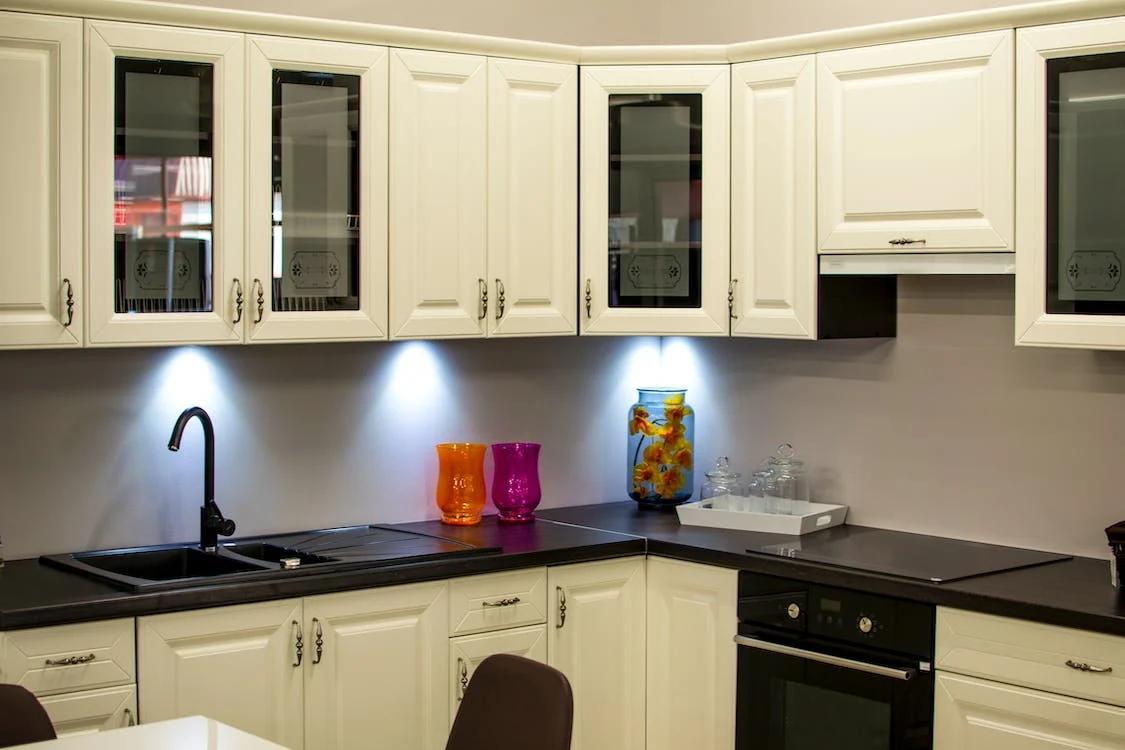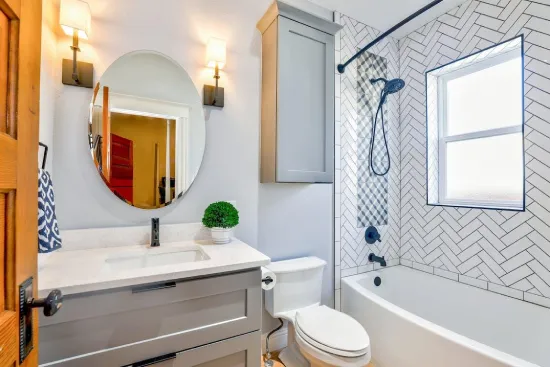Assessments or special assessments are fees that the co-op or condo board can ask the apartment owners or shareholders to pay in addition to their monthly maintenance (co-op) or common charges and real estate taxes (condo). These assessments are usually collected to pay for large expenses for which there is no money in the reserve funds. For co-op boards, another term for the assessments is temporary maintenance increase.
Reserve Funds And Assessments
Reserve funds are a co-op or condo’s financial safety net. The monthly maintenance charges collected from apartment owners are used to pay for routine expenses like the super’s pay, cleaning, building-wide utilities, etc. But for other major expenses, like changing the roof, replacing the HVAC system in the building or remodeling the hallway, the co-op or condo board has to rely upon reserve funds.
Different buildings have different criteria for how much they should hold in reserve. One good practice is holding three months operating expenses of the whole building in reserve funds. But for many expenses, the fund alone might not have enough money. So the additional funds are collected from the apartment owners in the form of an assessment.
How Are Assessments Calculated?
Since assessments are used to pay for specific expenses, the process starts by calculating how much money is needed. Let’s say a 100-unit co-op building needs $500,000 for some repairs or improvements. The board takes $100,000 from reserve funds and decides that the remaining $400,000 will come from the apartment owners in the form of an assessment.
Each apartment owner’s share of the assessment is calculated the same way their maintenance fees (for co-ops) and common charges (for condos) are calculated and are usually proportional to the space they occupy in the building. So, if in our 100-unit co-op, each unit owner has a 1% share in the co-op, they will get 1% of the total assessment. For $400,000, that would be $4,000.
If the work needs to be done at a later date, say eight months, the amount will be spread out over that period, and each apartment owner will pay $500 a month in assessment charges, in addition to their monthly maintenance fees. If it’s urgent work (like replacing a boiler during winter), the board may take on debt to meet the expense, and the repayment of the debt is divided over apartment owners in the form of assessment charges.
Other Things You Need To Know About Assessment
- You cannot avoid paying assessments just as you cannot stop paying your monthlies.
- Many sellers disclose (in the listing) if there is an assessment charge currently in place. If not, the buyer’s agent or attorney can find out about it during their due diligence, and you can negotiate about who will pay it with the seller.
- The building’s condition and knowledge about the reserve fund can give you a good idea of whether you may have to pay for an assessment later on (once the building is improved).
An assessment charge that’s used exclusively for a capital improvement in the property increases your cost basis and reduces your tax bill (capital gains) when you sell.






